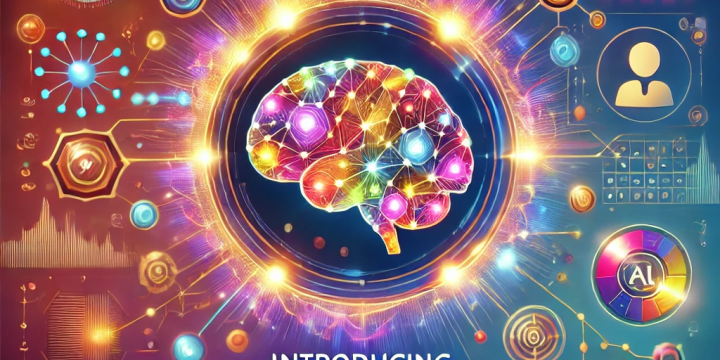Artificial Intelligence (AI) is no longer a futuristic concept—it is transforming industries worldwide. From healthcare and finance to manufacturing and retail, AI-driven innovations are enhancing efficiency, reducing costs, and opening new possibilities for businesses and consumers alike. This article explores the impact of AI on various industries and how it is shaping the future of work and innovation.
AI in Healthcare
The healthcare industry is one of the most significant beneficiaries of AI. AI-powered diagnostic tools, robotic surgeries, and predictive analytics are improving patient care and outcomes. Machine learning algorithms can analyze medical images with high accuracy, helping doctors detect diseases like cancer at an early stage. Additionally, AI-driven chatbots and virtual health assistants are enhancing patient engagement and reducing the burden on medical professionals.
AI in Finance
The financial sector is leveraging AI for fraud detection, risk assessment, and automated trading. AI-powered chatbots and robo-advisors provide personalized financial advice, making services more accessible to consumers. Predictive analytics helps banks and investment firms make data-driven decisions, while AI-driven cybersecurity measures enhance protection against cyber threats.
AI in Manufacturing
AI is revolutionizing the manufacturing sector through automation and smart robotics. AI-powered predictive maintenance systems can identify potential machinery failures before they occur, reducing downtime and costs. Collaborative robots (cobots) are working alongside humans to enhance productivity and safety in production lines. AI is also optimizing supply chain management, ensuring efficiency in logistics and inventory control.
AI in Retail and E-commerce
Retail and e-commerce businesses are using AI to personalize customer experiences, optimize pricing strategies, and improve inventory management. AI-powered recommendation engines analyze consumer behavior and suggest products tailored to individual preferences. Chatbots and virtual assistants enhance customer service, providing instant responses to queries. Additionally, AI-driven demand forecasting helps retailers maintain optimal stock levels and reduce waste.
AI in Transportation and Logistics
AI is driving the transformation of transportation and logistics through automation and intelligent systems. Self-driving vehicles and AI-powered route optimization are reducing delivery times and operational costs. AI-based traffic management systems enhance urban mobility by analyzing traffic patterns and adjusting signals dynamically. The logistics industry is also benefiting from AI-powered warehouse automation and smart inventory tracking.
AI in Education
Education is being transformed by AI-powered learning platforms, virtual tutors, and automated grading systems. AI-driven personalized learning adapts to students’ individual needs, enhancing engagement and academic performance. AI-based language translation tools are breaking down communication barriers, making education more accessible globally. Moreover, AI helps educators identify students who may need additional support, ensuring better learning outcomes.
Challenges and Ethical Considerations
Despite its numerous advantages, AI also presents challenges and ethical concerns. Issues such as data privacy, algorithmic bias, and job displacement must be addressed to ensure responsible AI implementation. Governments and organizations must establish ethical AI frameworks and policies to promote fairness, transparency, and accountability.
Conclusion
AI is undeniably a game changer across multiple industries, enhancing efficiency, innovation, and customer experiences. As AI continues to evolve, its potential to reshape industries will only grow. Embracing AI responsibly while addressing its challenges will be key to ensuring a future where technology benefits all of humanity.





